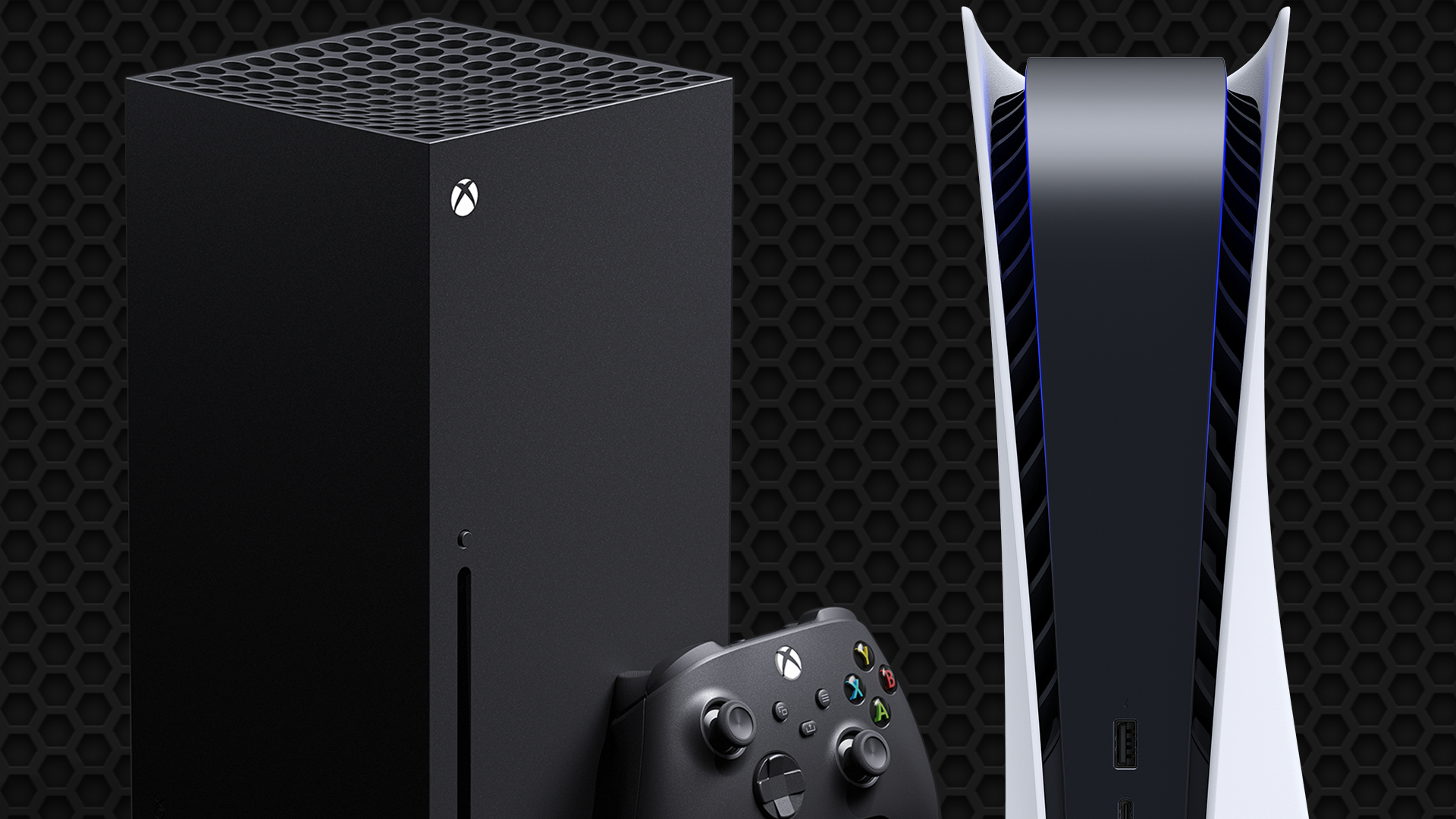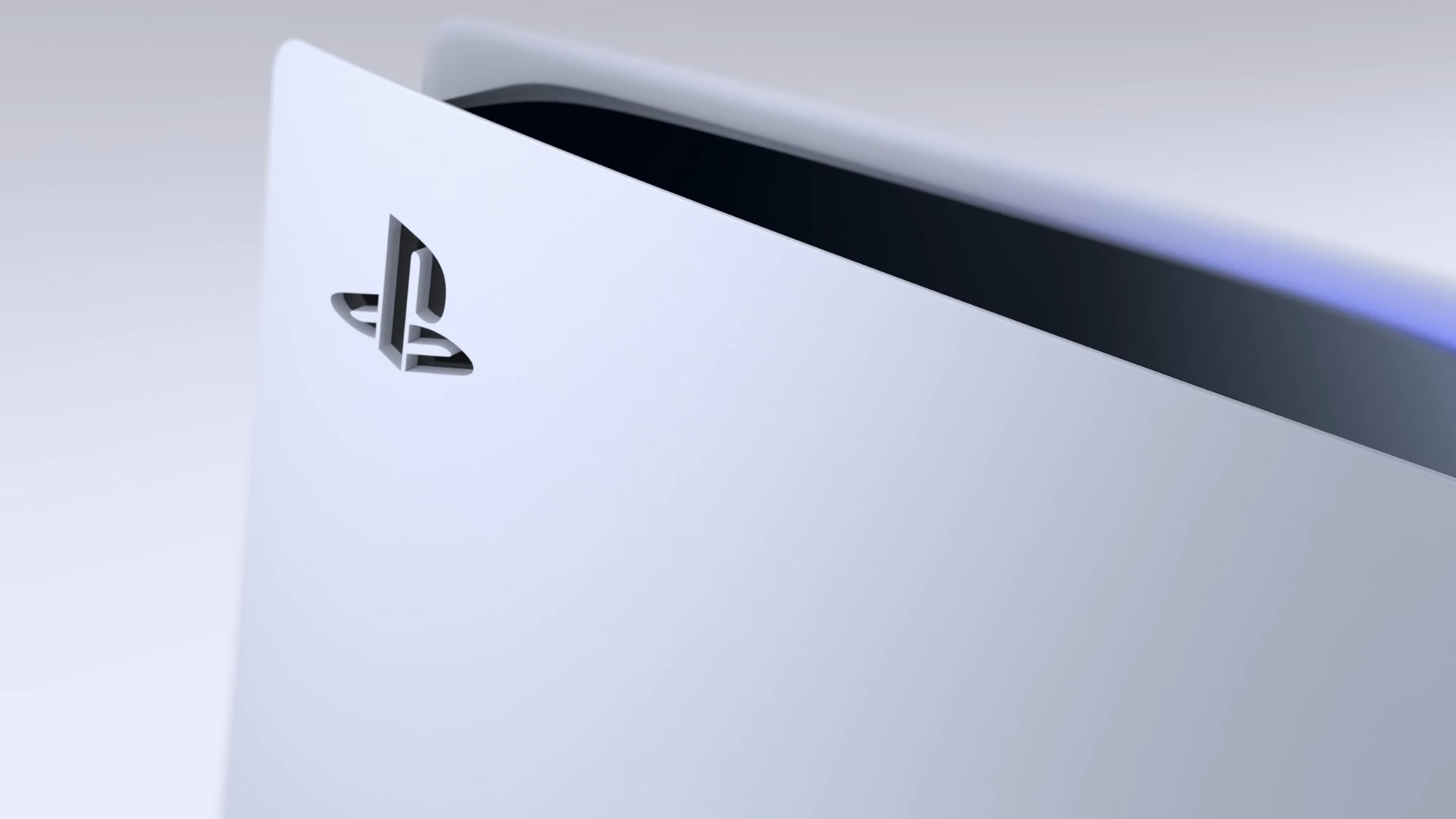It's time to admit that 30 FPS on PS5 and Xbox Series X isn't good enough
The compromised console generation

If you’ve been playing on PS5 or Xbox Series X for some time you may notice that some games run noticeably smoother than others. Both systems are technically capable of pumping out 4K120 visuals so why are so many games on these consoles still struggling to do a fraction of that?
Both the PS5 and Xbox Series X can do ray tracing thanks to the incorporation of their respective AMD RDNA 2 architecture chipsets: Scarlett and Oberon. Since 2018, this impressive real-time lighting technique is incredibly hardware intensive, and modern games are really starting to squeeze the now-three-year-old hardware to its limits. This has been a console generation of compromise, having to choose between visual fidelity and performance, where 30fps is all that’s possible in many circumstances – a framerate that’s just not worth the performance impact the majority of the time.
Take the recently released Redfall, for example. Arkane’s latest always-online action shooter is capped at just 30fps on Xbox Series X, with no Performance mode available at the time of writing. That means you’re stuck playing an ostensibly high-octane title at a serious disadvantage when compared to the PC version, which also runs horrifically even at 60fps and above, depending on the configuration.
While it’s far from one of the best Xbox Series X games, Redfall is one of the most high-profile releases for Microsoft of 2023, and it’s far from an isolated incident. You only need to cast your mind back a few months to Gotham Knights and A Plague Tale: Requiem, which, as well as being far from perfect, were also capped at 30fps regardless of whether you were playing on Xbox Series X or PS5.
There are few games that can do native 4K60, but even then, the 2160p target resolution is something that’s scaled instead of being the rock-solid constant. If the framerates aren’t stable, and the image quality lacks, then it’s time to admit that 30fps isn’t good enough. For as much as I love the Dead Space remake, which can be considered one of the best PS5 games, it runs at just 30fps in 4K with ray tracing and 1440p at 60fps. Even developers who might, ordinarily, be able to push hardware to its limits with are having to choose between visuals and strong performance
Console concessions

The reason behind the Xbox Series X and PS5 having to make these compromises comes down to the speed at which hardware ages. 2020 may not seem like that long ago, but in the PC hardware world, we’ve seen two entire generations of graphics cards launch in that time, with AMD and Nvidia which are continuing to push the boat out with what’s possible from today’s games. They are, however, more expensive, with the cheapest of the current lines, the RX 7900 XT and RTX 4070 selling for $899 / £799 / AU$1,350 and $599 / £510 / AU$870) respectively. These components exceed the base MSRP of both consoles, let alone the price of a build capable of utilizing them to their full potential.
Despite being stuck with RDNA 2 architecture, with RDNA 3 now available, it’s time to re-evaluate exactly what the Xbox Series X and PS5 can do. 30fps isn’t acceptable, so aiming for 60fps is going to require either scaled-back visuals or relying on 1440p instead of the coveted 2160p because trying to do both simply isn’t working. The divide between console and PC is going to get bigger in the years to come, at least until a supposed PS5 Pro and Xbox Series X revision release - if at all.
Get daily insight, inspiration and deals in your inbox
Sign up for breaking news, reviews, opinion, top tech deals, and more.
A mid-generation iteration of existing hardware isn’t necessarily the answer, either, because it seems unlikely that there will be a market for future consoles retailing for considerably more than existing hardware. It’s time for game developers to focus on the optimization of their software. I’d rather have games at 1080p and 1440p that keep that rock-solid 60fps instead of having to face the prospect of chugging through titles at 30fps for the foreseeable.

Formerly TechRadar Gaming's Hardware Editor, Aleksha McLoughlin is now a freelance writer and editor specializing in computing tech, video games, and E-commerce. As well as her many contributions to this site, you'll also find her work available on sister sites such as PC Gamer, GamesRadar, and Android Central. Additionally, more of her bylines can be found on Trusted Reviews, Dexerto, Expert Reviews, Techopedia, PC Guide, VideoGamer, and more.